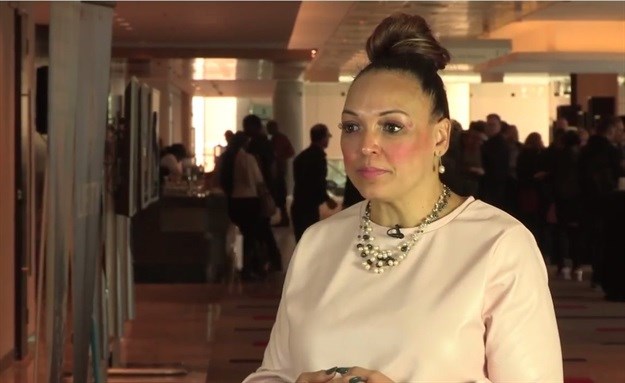Sanctions to be imposed
The ACA Exco and Board discussed the circumstances pertaining to the Telkom pitch (in which the above-mentioned agencies were involved) at length, considered statements made by representatives from each agency and agreed that in the interest of self-regulation and in accordance with its MOI, the following sanctions were to be imposed:
- A written undertaking from each agency regarding their future conduct is to be sent to the ACA.
- Agency representatives from these agencies currently on the ACA Board or operations committees are to step down for a period of 12 months.
- Each transgressing agency is to be fined the maximum penalty allowable in terms of the ACA’s MOI.
- Each agency’s membership of the ACA is suspended for a period of 12 months and during this suspension the agency may not derive any of the benefits offered to member agencies.
The agencies’ membership may be reinstated after the suspension period, on the proviso that they do not commit any further transgressions of the Code of Conduct during their suspension.

Odette van der Haar
“The ACA is about maintaining the health and well-being of the industry and sets the highest standards for integrity and professionalism amongst its member agencies. In the interest of upholding our commitment to self-regulation, it was decided that sanctions be imposed on DDB South Africa, Ireland-Davenport and Wunderman,” says Odette van der Haar, CEO ACA.
Telkom and the professional integrity of the advertising and communications industry
The ACA is deeply concerned that the Telkom ad agency pitch process did not comply with the ACA’s Code of Conduct that governs tenders and pitches. This Code was put in place some years ago to encourage fair, equitable and healthy competition, transformation, a level playing field, good ethics and conduct during new business acquisition and protection of agencies’ intellectual property.
The Code also mitigates risk and wasteful expenditure on the part of agencies and clients. There is therefore no reason not to adhere to the Code, which supports a mutually fair and robust pitch process.
According to Odette van der Haar, CEO of the ACA: “The biggest threat to our industry is that more and more clients behave unfairly towards agencies during pitches. It is paramount to the sustainability of the profession that agencies stand united against these unfair practices in order to maintain the value and currency of the profession.”
The ACA’s concerns with the Telkom pitch are as follows:
- Too many agencies were asked for strategic and creative work, which was very costly for the participating agencies and gave each bidder a less than 10% chance of winning the business. This especially prejudiced smaller agencies, as they do not have the resources to invest in a pitch of this scale. Without payment of pitch fees, the unsuccessful agencies could not recoup some of the cost incurred as a result of answering Telkom’s brief.
- Most worrying is that the contribution and currency of the participating agencies was devalued when agencies were asked to provide Telkom with free intellectual property. An option was for Telkom to accept case studies of recently successfully work, that was in line with the scope of work and services required of the brief. These case studies would have accurately demonstrated the agencies’ ability to meet Telkom’s requirements and deliver a return on investment. Furthermore, submission of case studies would not have incurred pitch fees. Telkom did not accept the ACA’s proposal.
- The collective cost of this pitch ran into millions of rands in time and material costs for the participating agencies.
- A pitch process of this nature is counterproductive to the industry’s transformation efforts. Small, black-owned agencies were invited to participate in the Telkom pitch process with little to no prospect of success, given the terms and conditions of the RFP.
- The ACA would therefore like Telkom to explain why none of the smaller South African agencies were able to secure any of the business on offer – especially since Telkom is such an iconic South African brand.
The ACA is the official, representative body for the Communications and Advertising profession in South Africa, representing agencies in the profession (who at present contribute approximately 95% of South Africa’s measured ad spend) to government, media and the public. The ACA is a voluntary body formed by and for the industry, focused on and committed to self-regulation and to defending the highest standards of ethical practice.













































